
Microsoft Bing's new Deep Search feature uses AI to 'disambiguate' complex search queries
Microsoft is introducing AI into most of its products and services, and its search engine, Bing, is one of the tools that benefits the most from this addition.
Today, the search giant takes things a step further still, with the introduction of a new AI-powered feature in Bing called, Deep Search. This addition aims to provide more relevant and comprehensive answers to complex search queries, boosting the existing web search rather than replacing it.
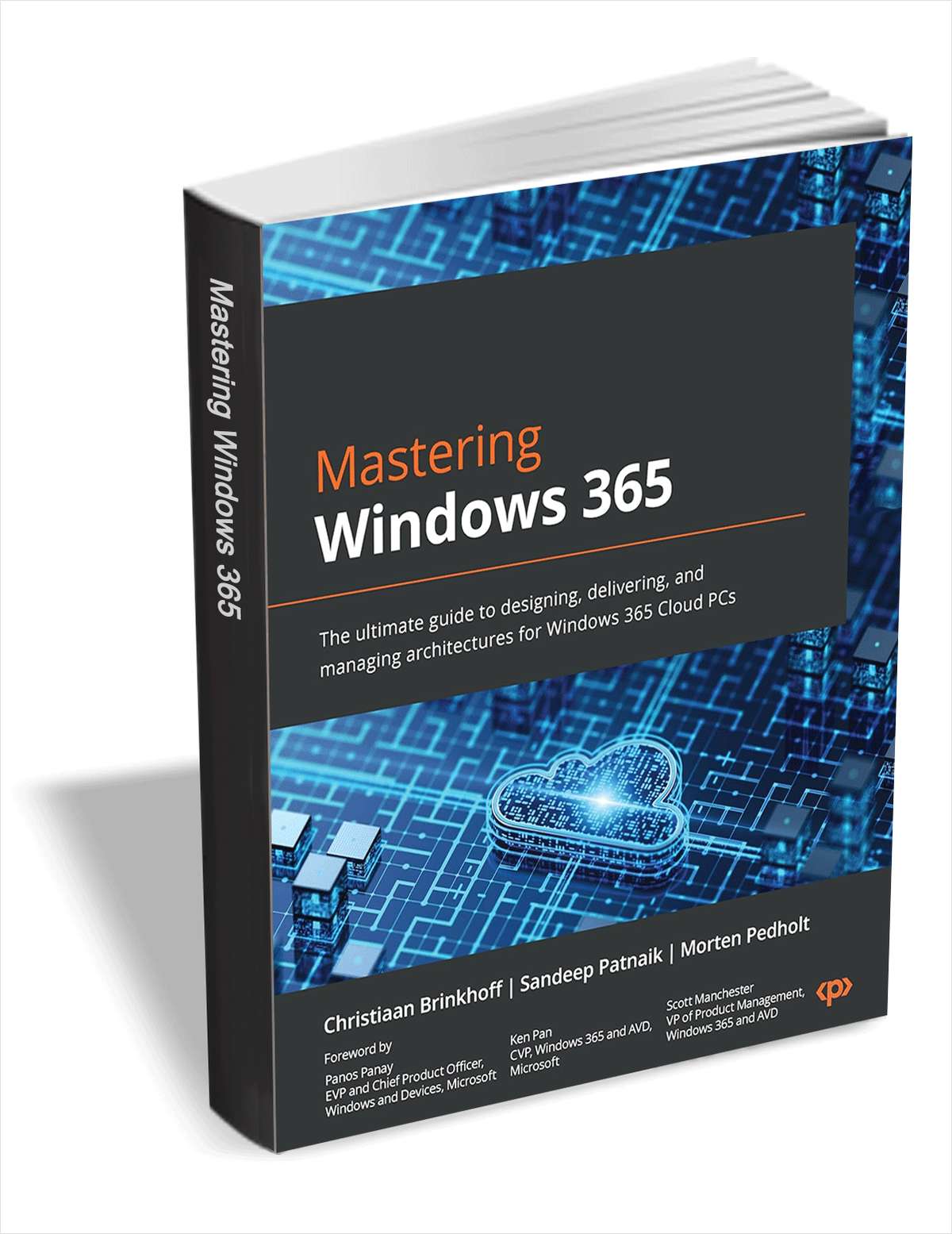
Get 'Mastering Windows 365' (worth $39.99) for FREE
Written by experts from the Windows 365 product group and a seasoned Microsoft MVP, this book offers a unique perspective on the features, functionality, and best practices of Windows 365.
Drawing from their extensive professional experience and insight, the authors provide invaluable knowledge for those eager to learn about the next generation of cloud computing.
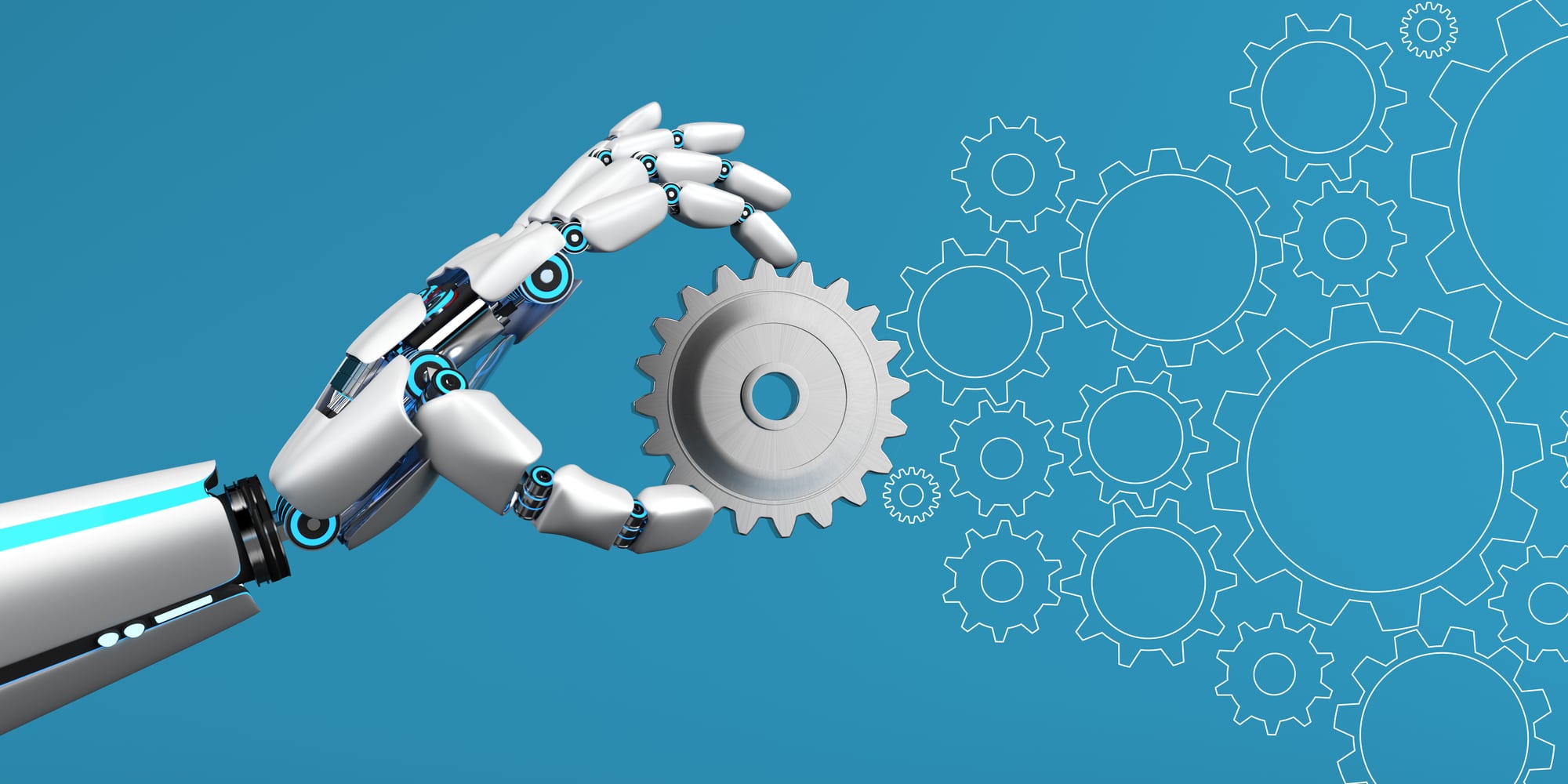
AI and automation are top enterprise priorities
According to a new report from Digitate 90 percent of IT decision-makers plan to deploy more automation, including AI, in the next 12 months.
Based on a survey of 601 US-based IT decision-makers in organizations with more than 1,000 employees and conducted with Sapio Research, the study finds 26 percent of respondents plan to implement machine-operated tasks that require limited human input or fully transition to autonomous systems in the next five years.

AIDA64 Extreme Edition 7.0 unveils customizable toolbar and updated support for latest AMD and Intel chipsets
Budapest-based FinalWire Ltd has released a major new version of its Windows diagnostic and benchmarking tool with the release of AIDA64 Extreme Edition 7.00 and AIDA64 Business Edition 7.00.
The landmark release is marked with a revamped user interface offering configurable toolbar. Users can navigate the various parts of the program using the left-hand pane, with sections spanning hardware, software and OS.
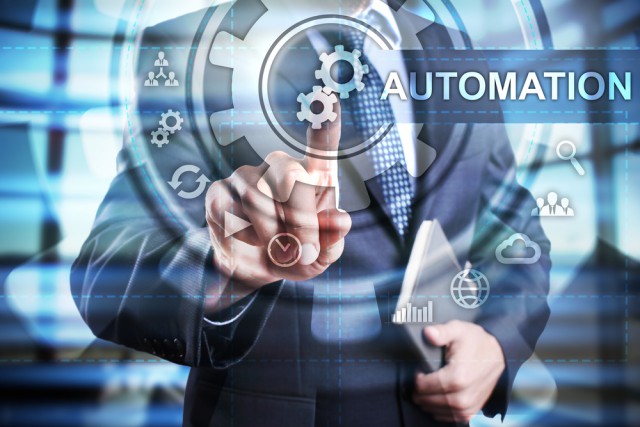
Automation of software security functions soars
The use of automated security technology is growing rapidly according to the latest edition of the annual Building Security In Maturity Model (BSIMM) report from Synopsys.
The research also shows that there's a move towards a 'shift everywhere' culture -- which means performing security tests throughout the entire software development life cycle -- across more organizations.

36 percent of IT workers worry that AI will take their jobs
A new study finds that 36 percent of IT workers are very concerned that generative AI tools will take their jobs in the next five years, this is 17 points higher than for other office workers.
However, the report from Ivanti finds office workers are six times more likely to say that generative AI benefits employers than employees.

Microsoft releases KB5032288 update for Windows to fix Copilot issues and more
This is the time of the month when Microsoft releases preview versions of Patch Tuesday updates, and the company has unleashed the KB5032288 update for Windows 11 in keeping with this.
While the KB5032288 update addresses a number of issues in Windows 11, it is primarily concerned with fixing problems in the recently added Copilot. With Copilot being described as being "in preview" and the update being a preview version, we're in the interesting position of seeing the release of a preview version of an update for preview software. Let's dive in.
Microsoft releases PowerToys v0.76.0 brings UI improvements, new features, new add-ons and more
The current release cycle of PowerToys sees the development team focusing on "new features, stability and improvements". While a boost to stability and general improvements are always welcome, it's the new features that are of the greatest interest.
And with the release of PowerToys v0.76.0, Microsoft does not disappoint. There are new features aplenty to be found here, with numerous modules benefitting from significant updates -- not least of which is the arrival of new add-ons for File Explorer. But there are also important UI changes across the suite, and a plethora of additions and improvements.

Grand Theft Auto VI will arrive in 2025 on PlayStation 5 and Xbox Series X|S
Rockstar Games, the publishing label of Take-Two Interactive Software, has finally announced the highly anticipated release of Grand Theft Auto VI with an official trailer. Slated for a 2025 debut, this latest installment will grace both the PlayStation 5 and Xbox Series X|S game consoles.
Sam Houser, the Founder of Rockstar Games, expressed his excitement about the upcoming game by saying, “Grand Theft Auto VI continues our efforts to push the limits of what’s possible in highly immersive, story-driven open-world experiences. We’re thrilled to be able to share this new vision with players everywhere.”
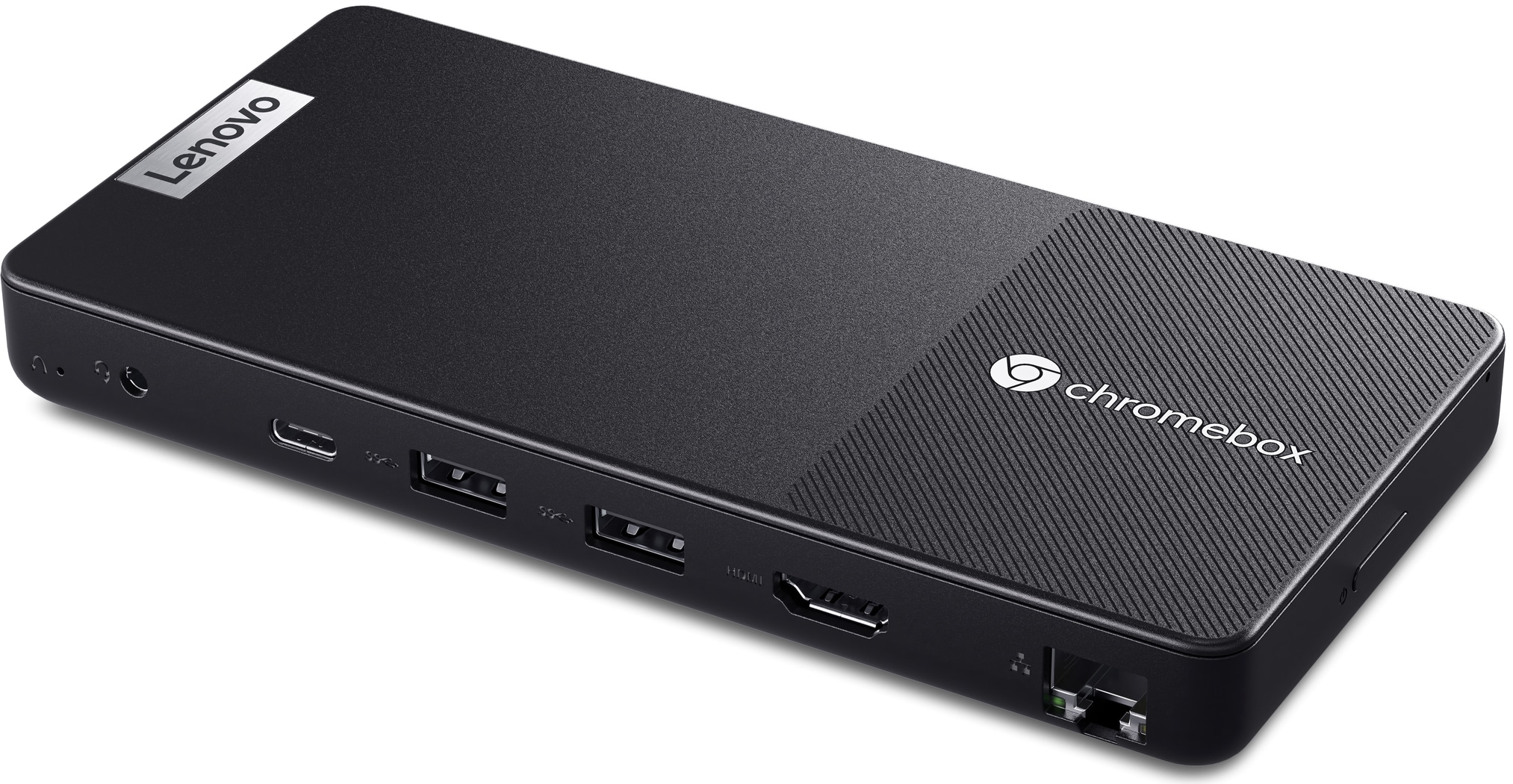
Lenovo Chromebox Micro is a cute and affordable ChromeOS computer
Today, Lenovo announces its new Chromebox Micro. This is a new type of Chromebox: a svelte and affordable computer running ChromeOS. The first micro form factor Chromebox by Lenovo, the device is built for 24/7 digital display deployments in high-traffic facilities.
This ChromeOS computer, designed without fans or vents and resistant to dust, accommodates dual 4K resolution displays and boasts a size small enough to fit snugly in limited spaces, even more compact than many smartphones. It comes equipped with various connectivity options, including USB-C, USB-A, and HDMI ports, along with screw holes for simple installation.
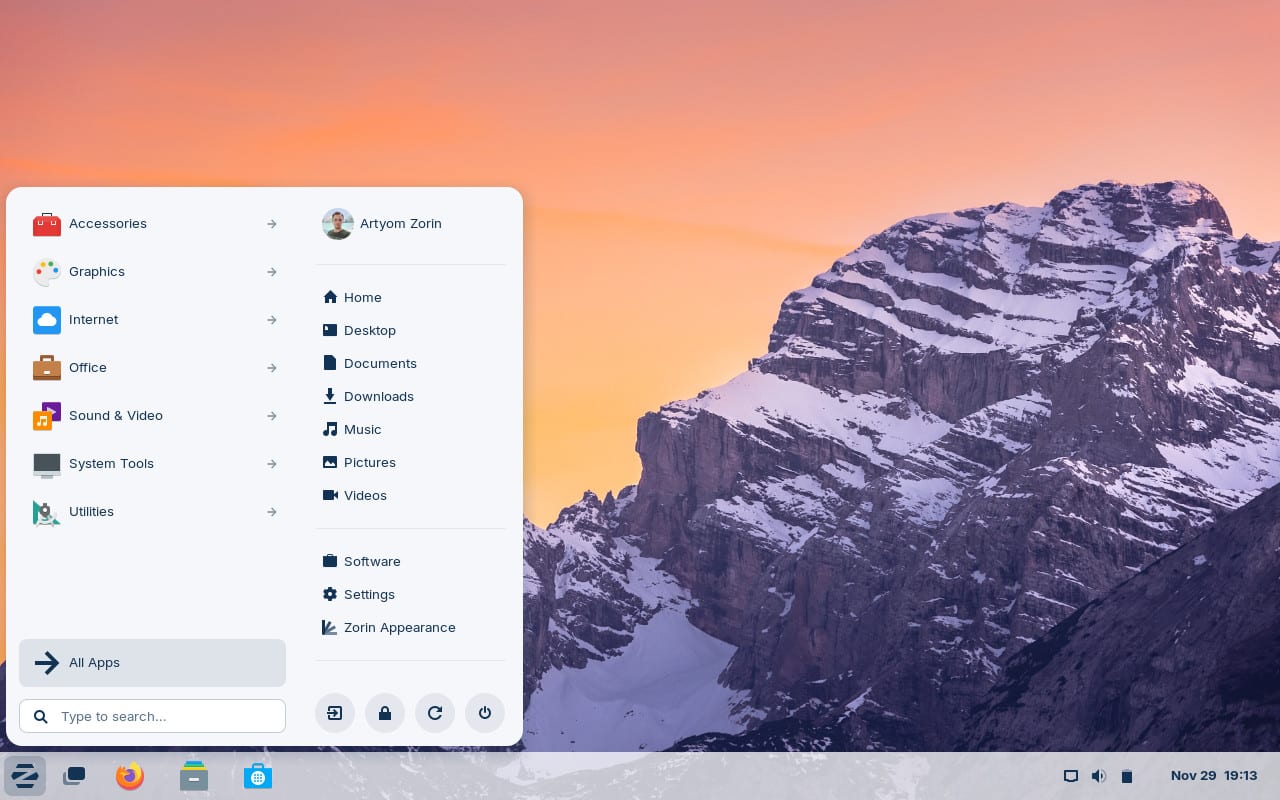
Zorin OS 17 Beta revolutionizes the Linux desktop experience with exciting new features and enhancements
Zorin OS 17 Beta was released today, and the new pre-release version of the operating system is chock full of changes. For instance, the Zorin Menu has undergone a transformation, evolving from a simple launcher to a versatile universal search tool. This enhancement aims to streamline the user experience, allowing for quick access to files, appointments, and more with customizable search settings.
Zorin OS 17 Beta introduces an improved activities overview, emphasizing ease of use in multitasking. Workspaces are now arranged horizontally and are easily navigable, offering a more intuitive workflow.
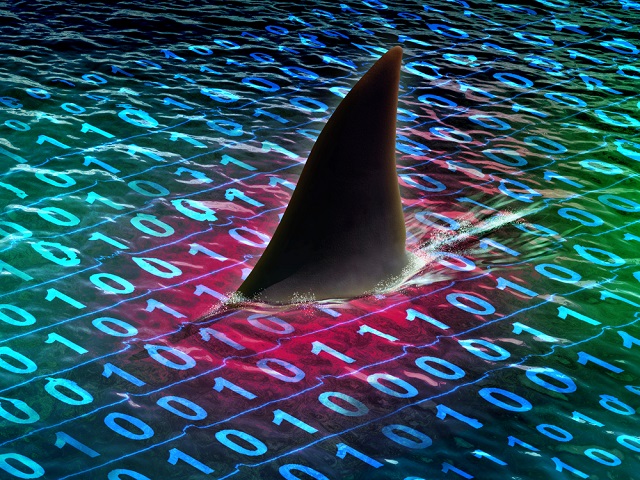
How to protect your organization against SEO poisoning and malvertising
Alongside traditional approaches like software vulnerabilities and misconfigurations in applications, hackers are constantly looking for new ways to get into devices and corporate networks. Two of the biggest growing threats are Search Engine Optimization (SEO) poisoning and Malvertising.
SEO Poisoning is where hackers lure victims to legitimate websites by populating them with content on topics of interest to potential victims. For example, Gootloader, an Initial-Access-as-a-Service operation, targets law professionals because they handle sensitive business data that can be extremely valuable. Hackers use Gootloader to get a foothold into an organization’s IT environment and then spread laterally through the entity’s IT network to implant ransomware or exfiltrate data.
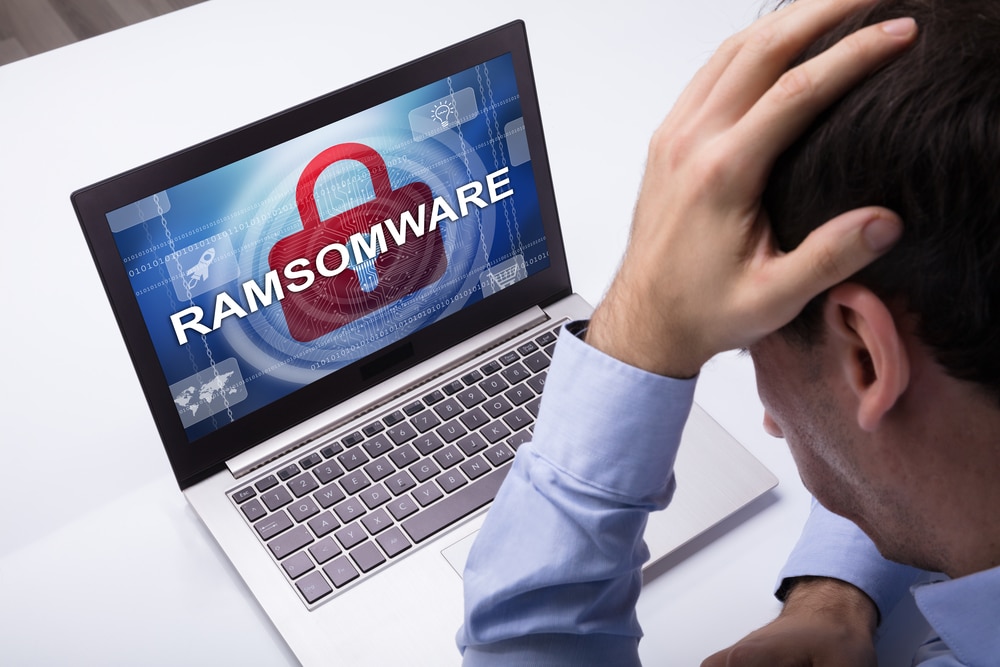
Elevating enterprise resilience with real-time ransomware detection
2023 looks set to be yet another record-breaking year for ransomware attacks. According to Statista, over 72 percent of businesses worldwide have already been affected by ransomware attacks this year, with LockBit3.0 and CI0p Ransomware claiming the bulk of victims last quarter.
The scourge of modern digital businesses everywhere, the proliferation of ransomware shows no sign of slowing down thanks to the rise of ransomware-as-a-service (RaaS) platforms -- so much so that it has become the most prevalent issue confronting organizations today.

Software testers turn to AI to improve productivity
A new global study of over 1,600 software testers reveals that 78 percent have already adopted some form of AI to improve productivity.
The report from LambdaTest also shows companies are working to respond to the need for greater software reliability with 72 percent of organizations involving testers in 'sprint' planning sessions, signaling a substantial shift towards software quality being considered earlier in the software development lifecycle.
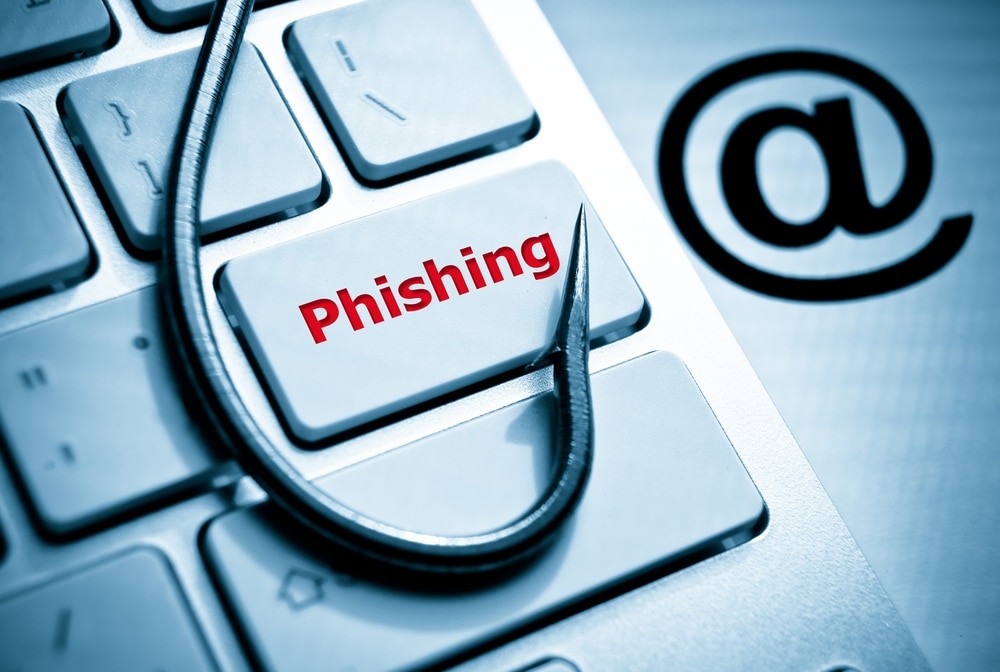
Beyond phishing: The top employee security risks you're probably not measuring
While we all know email is a big target for attackers, it’s important to remember that email is not the only risk vector. As companies use more tools and features, the risks grow too. Email is just one piece of the puzzle, which is why it is crucial to consider a wide range of employee security behaviors to get a holistic view of your risks. By doing so, you can focus resources more efficiently.
Human Risk Management (HRM) is a vital part of cyber security. Even if you have technological safeguards in place, HRM plays a substantial role in your overall security stance. Here I highlight some of the employee cyber risks that often get overlooked and how we can better keep an eye on them in real time.


